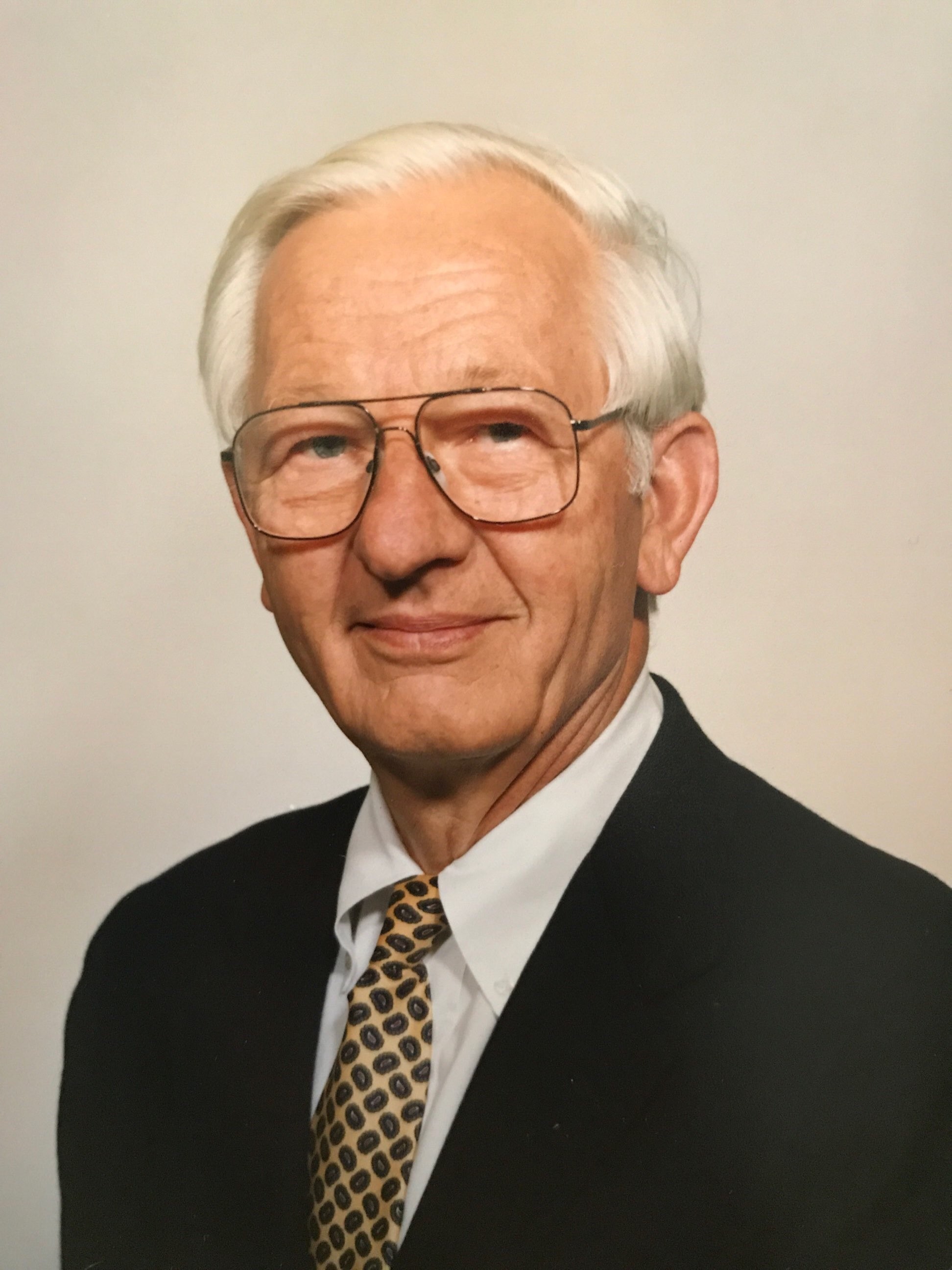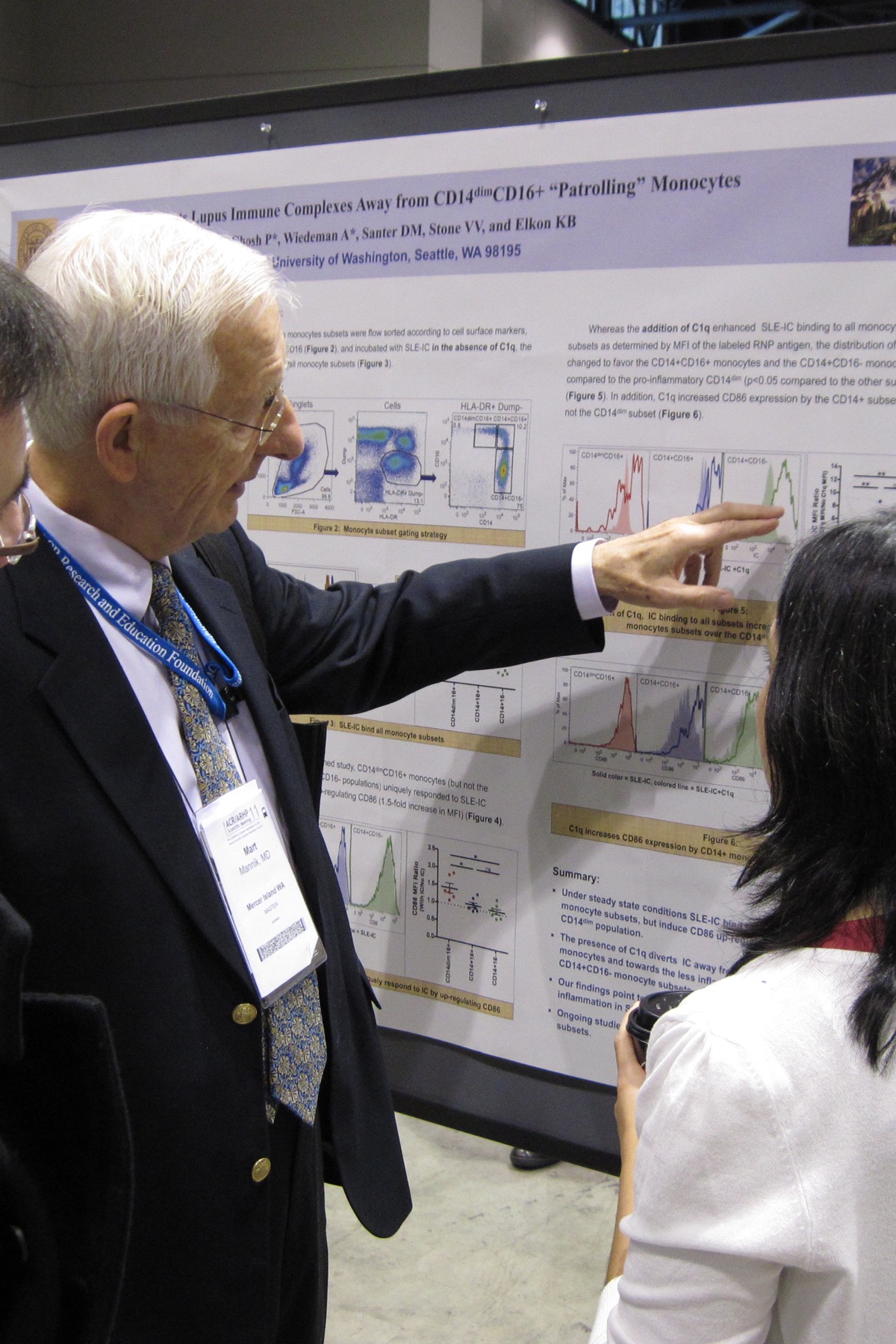|
IN MEMORIAM2018It is with great sadness and a heavy heart that I inform you of the passing of eminent members from our society in the last year.
David Cooper, Director of Kirby Institute at UNSW Sydney passed away on March 18, 2018. He was a world renowned HIV clinician and clinical investigator, having dedicated over 30 years to HIV research, treatment, and prevention. He was President of the International AIDS Society, and Chairman of the World Health Organization-UNAIDS HIV Vaccine Advisory Committee. In 1996, he co-founded HIV-NAT, a clinical research and trials collaboration based at the Thai Red Cross AIDS Research Centre at the Chulalongkorn University Hospital in Bangkok, Thailand. Professor Cooper published over 800 publications. In 2008, he was awarded the prestigious Sir William Upjohn Medal for services to medicine in Australia. Please visit the Kirby Institute page for Professor Cooper’s obituary: https://kirby.unsw.edu.au/news/kirby-institute-director-professor-david-cooper-ao-passes-away
Vito Pistoia, an eminent immunologist and oncologist, working most recently at the pediatric hospital, Ospedale Bambin Gesù, in Rome passed away on September 11, 2018. Formerly, he was Director of the Oncology Laboratories at Gaslini Institute in Genoa for over two decades. He dedicated his life to pediatrics and investigations of B cells and B lymphoproliferative disorders. He was a pioneer in the treatment of neuroblastoma with tumor immunotherapy. Dr. Pistoia served on the HKS Nominations Committee, and it was a true pleasure to work alongside him. As the incoming European Federation of Immunological Societies president, Andreas Radbruch commented, “I can highlight his contribution to foster scientific communication in the immunological community by taking responsibility of Immunology Letters. His early passing is a tragedy for immunology, and in some sense parallels that of Henry Kunkel.” Please visit the Immunology Letters page for Dr. Pistoia’s obituary: https://www.sciencedirect.com/science/article/pii/S016524781830419X Mart Mannik: The Henry Kunkel Society was born in Seattle at the home of Mart Mannik, M.D., who passed away on Wednesday August 22 at the age of 86.
Birth of the Henry Kunkel Society Mart and I were contemporaries in the Kunkel lab in the early 1960s and remained in close contact both professionally and personally since then. Henry Kunkel died in 1983 and many of his former fellows had been talking about ways of continuing the legacy he had imparted to us - that of rigorous and highly disciplined approach to biomedical research in which the emphasis was the critical analysis of symptoms and signs in patients which might be indicators of pathogenic pathways. In essence, this was a 'bedside to bench' approach in clinical research. An opportunity arose to discuss this idea at an annual meeting of the American College of Rheumatology in 1990 which was held in Seattle, Washington. Present at this meeting were Kunkel postdocs Mart Mannik, Jakob Natvig, Kirk Osterland, Robert Winchester, John Zabriskie (honorary postdoc), William Yount, Ralph Wiliams and Eng M. Tan. Mart and Zita Mannik graciously hosted this meeting at their home in Mercer Island, Seattle. This was the conception and birth of the Henry Kunkel Society. Mart was a co-author of the seminal paper identifying 'individual antigenic specificity' (Kunkel HG, Mannik M, Williams RC. Science 140: 1218-1219, 1963), also called 'idiotype specificity'. This paper was greeted with disbelief in some circles, but at an NIH Study Section meeting, I heard one member say, "but Kunkel is never wrong". Mart was an outstanding clinician-scientist. We will miss him. Dr. Mannik’s contributions as a physician scientist at the University of Washington Dr. Mannik was born in Estonia and came to the United States at age 12 as a refugee from World War II. He received his M.D. from Western Reserve University School of Medicine in Cleveland, OH. His post-graduate training included residency training at the Massachusetts General Hospital in Boston, a guest investigator position in the laboratory of Henry Kunkel at the Rockefeller University in New York and a clinical associate position at the National Institute of Arthritis and Metabolic Diseases, Rheumatology, Bethesda. During the 34 years that he served as Division Head at the University Washington (UW), he had a major impact. Under his leadership, the number of faculty increased from two to 12 and UW faculty led research initiatives in gout, rheumatoid arthritis (RA), systemic lupus erythematosus (SLE), and other associated diseases. He played a commanding role in shaping rheumatology in the Northwest USA. As the program director and principal investigator for an NIH supported research training grant in rheumatology, Dr. Mannik supervised or personally trained over 100 rheumatologists, many of whom became accomplished physician scientists. Dr. Mannik helped to transform the Northwest from low awareness and skills in rheumatic disorders to a stronghold of high quality clinical care and outstanding basic rheumatologic investigation. Dr. Mannik’s scientific achievements were exceptional. His research career was focused on the role of immune complexes in rheumatic diseases, particularly RA and SLE. His observations regarding rheumatoid factors, in particular self-associating IgG rheumatoid factor, as a major source of immune complexes in the rheumatoid joint, remain completely original and unchallenged. He received the Lee C. Howley Prize from the Arthritis Foundation in 1988 and the ACR Distinguished Basic Investigator Award in 1997 and became a Master in the ACR. Mart’s collegiality, his expectations of excellence as well as his contributions to medicine and science will long be remembered. Personal Tributes from Other Henry Kunkel Trainees Peggy Crow, MD, Head, Division of Rheumatology, Hospital for Special Surgery; Past President HKS My main recollection of Mart relates to his consistent and sustained engagement in the field, with persistent curiosity about the role of antibodies and immune complexes in disease pathogenesis. Clinically, I was impressed to learn that Mart was one of the physicians in Henry Kunkel’s lab who cared for Stephanie Smith, for whom the anti-Sm autoantibody system was named. During my training in the Kunkel lab, David Fisher and I spent some happy (but ultimately unfruitful) hours searching the lab for the “original” Smith serum. But even if we had found it, Mart and Eng Tan’s colorful reminiscences (along with Stephanie Smith’s paintings) provided a better window into that historic period in clinical immunology. Mart Mannik was a true gentleman and a shining example of the “ideal” clinical immunologist. It is an honor to have known him as a role model and friend. I will greatly miss discussing the fine points of immune complex disease with him at ACR meetings. Dr. Mannik is survived by his wife Zita, his brothers, children and grandchildren. An obituary prepared by the family can be found in the Seattle Times: http://www.legacy.com/obituaries/seattletimes/obituary.aspx?n=mart-mannik&pid=190116184
|


